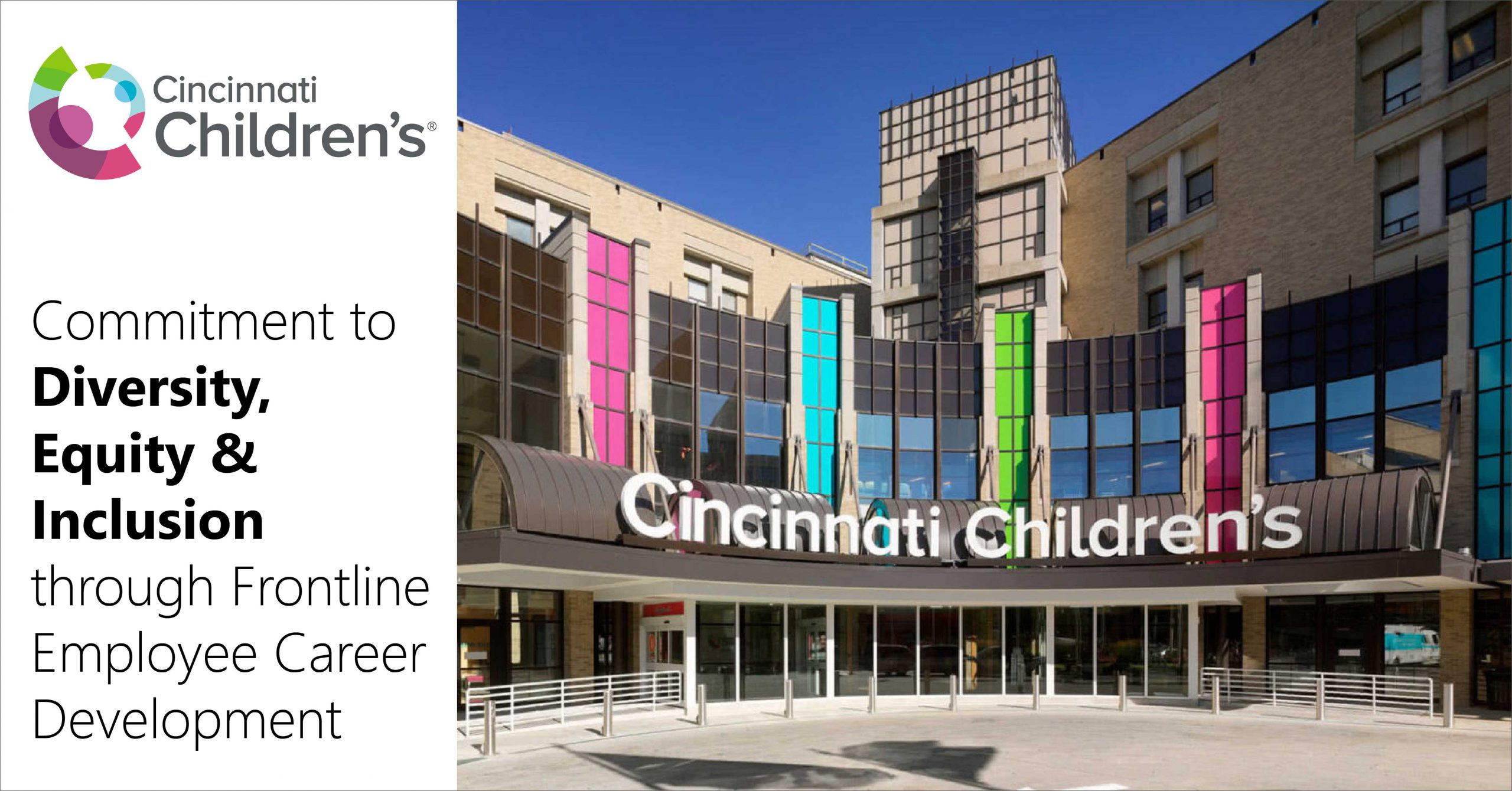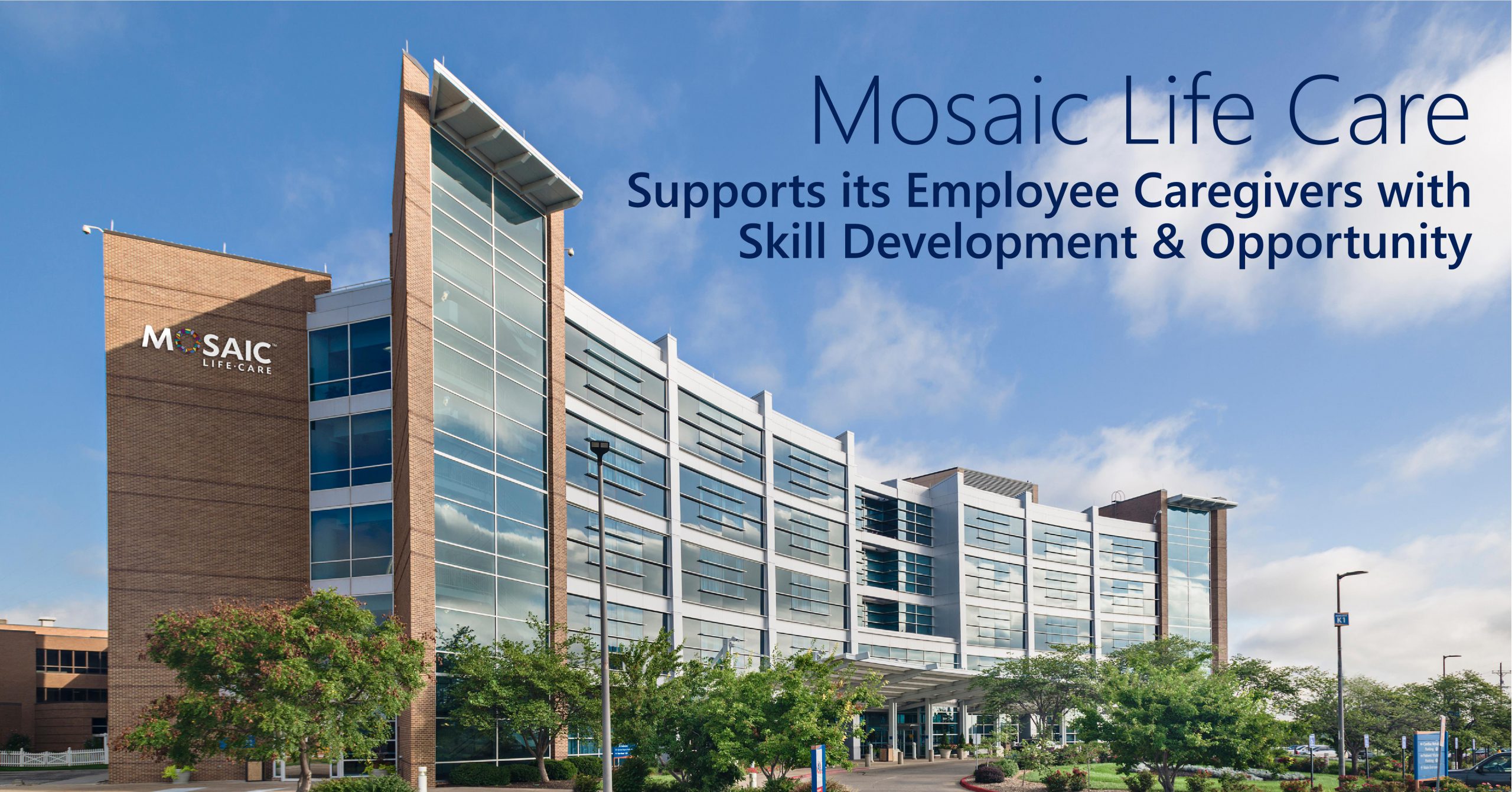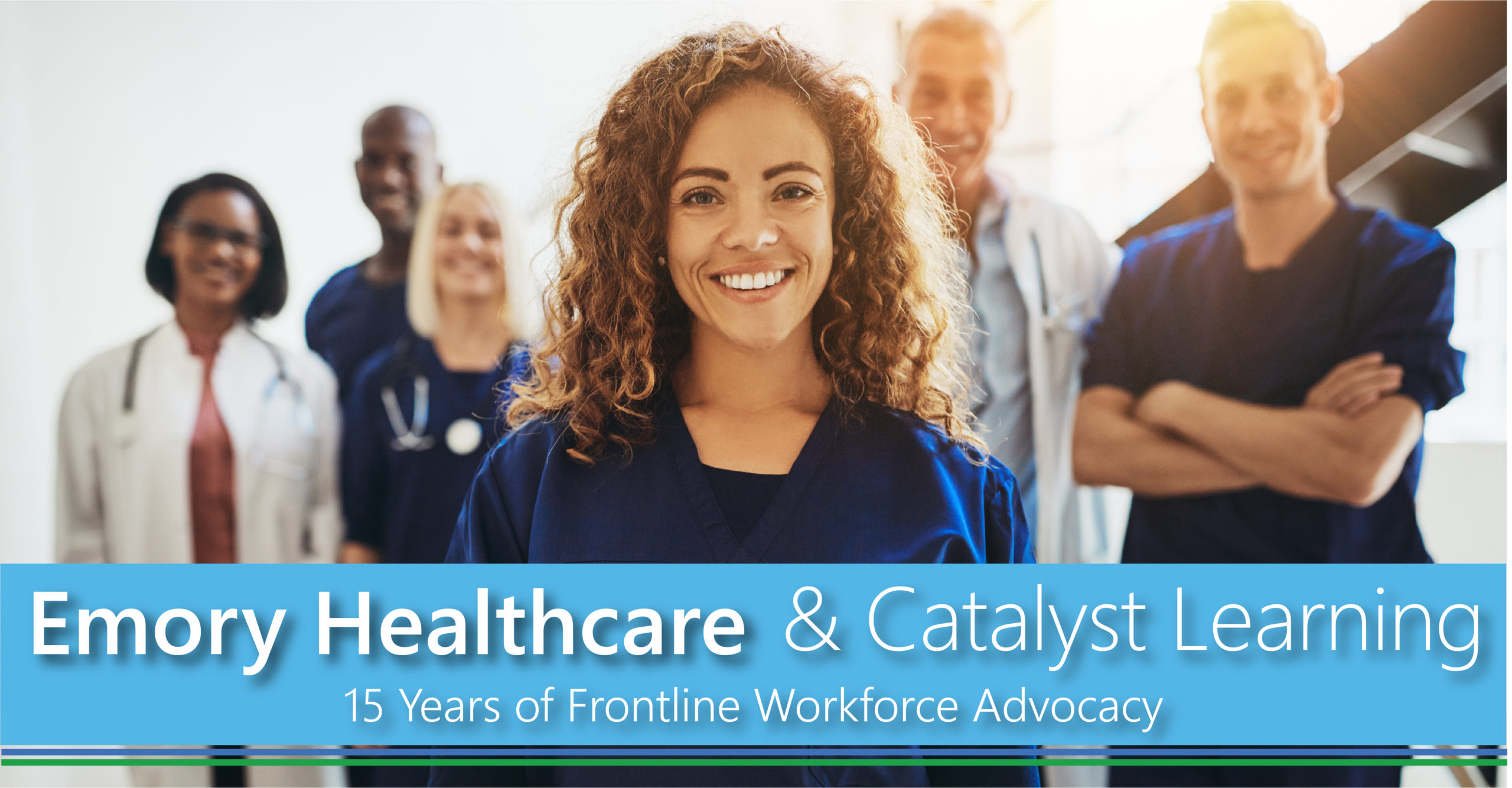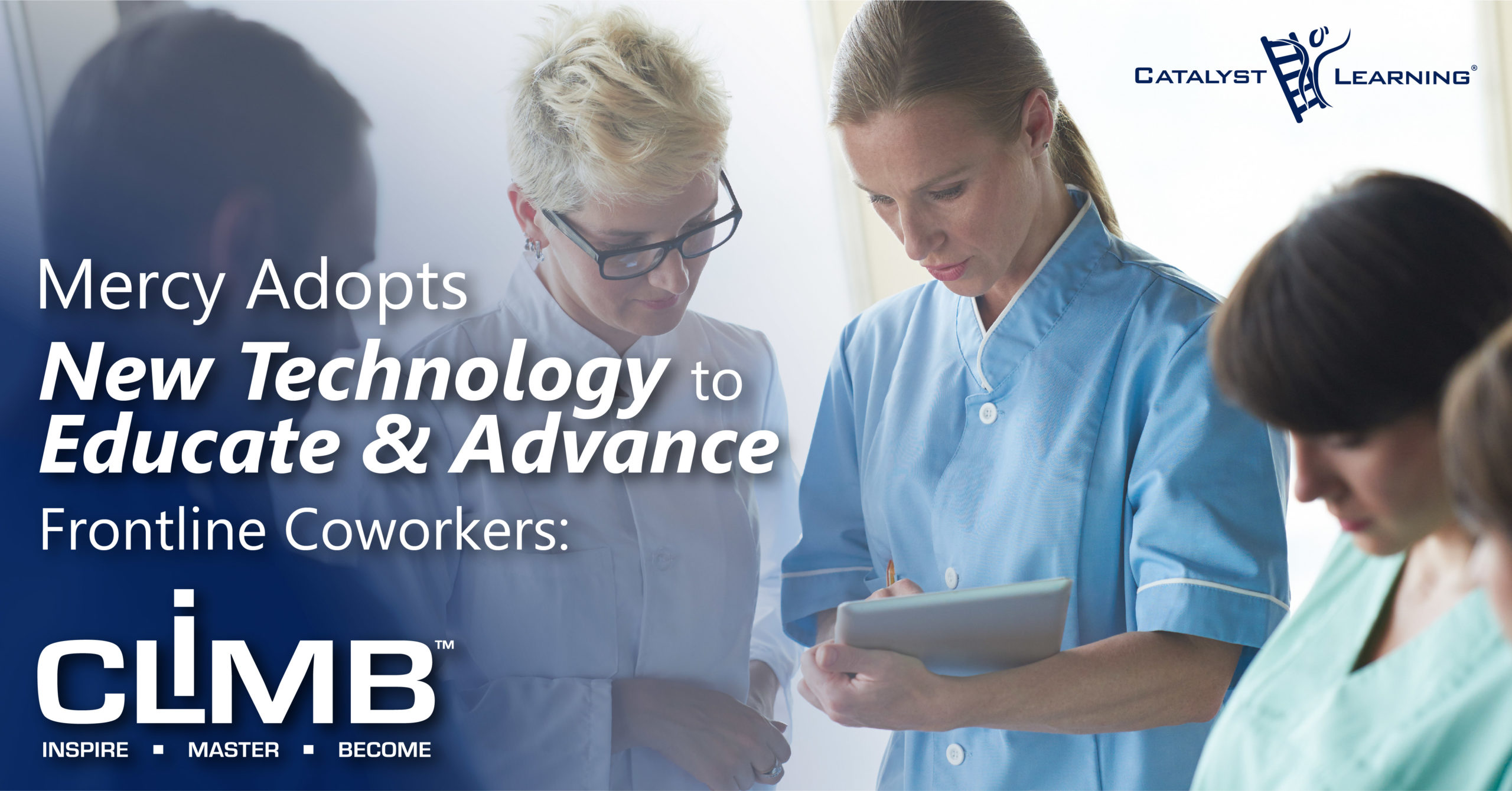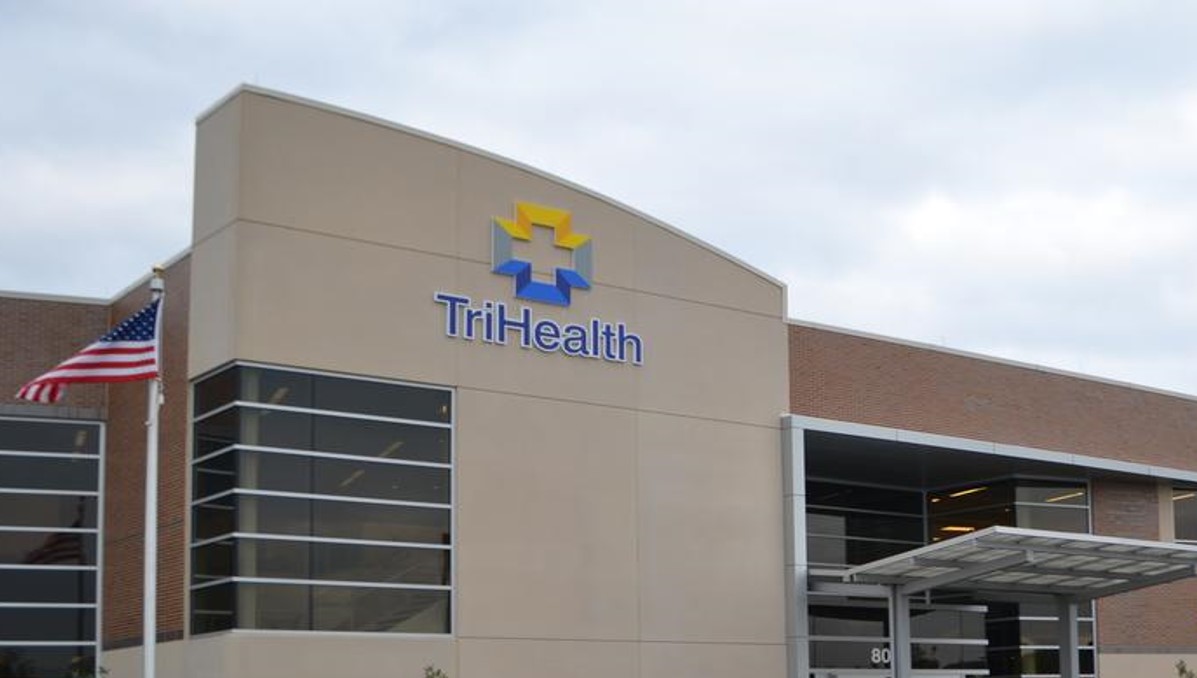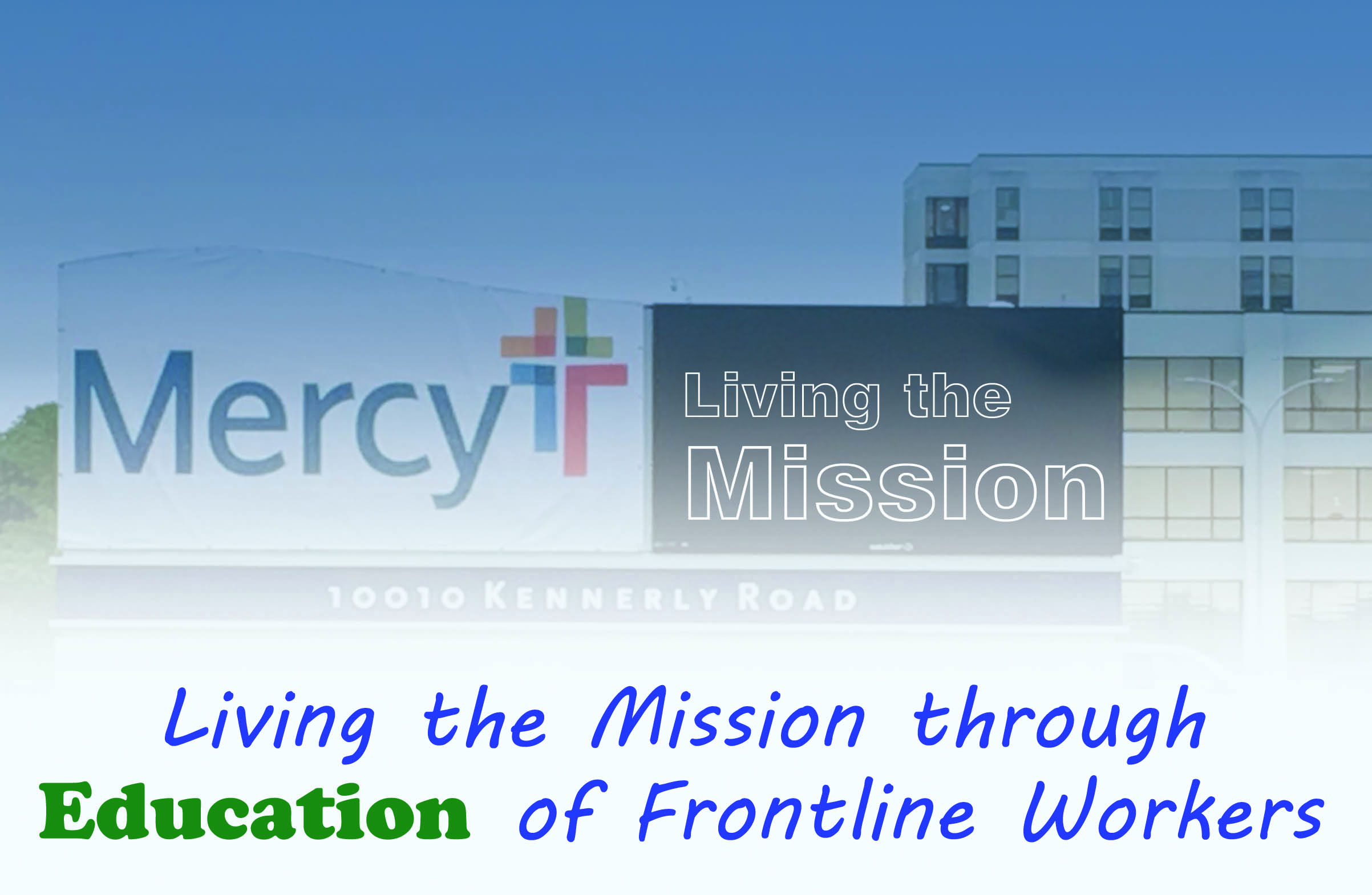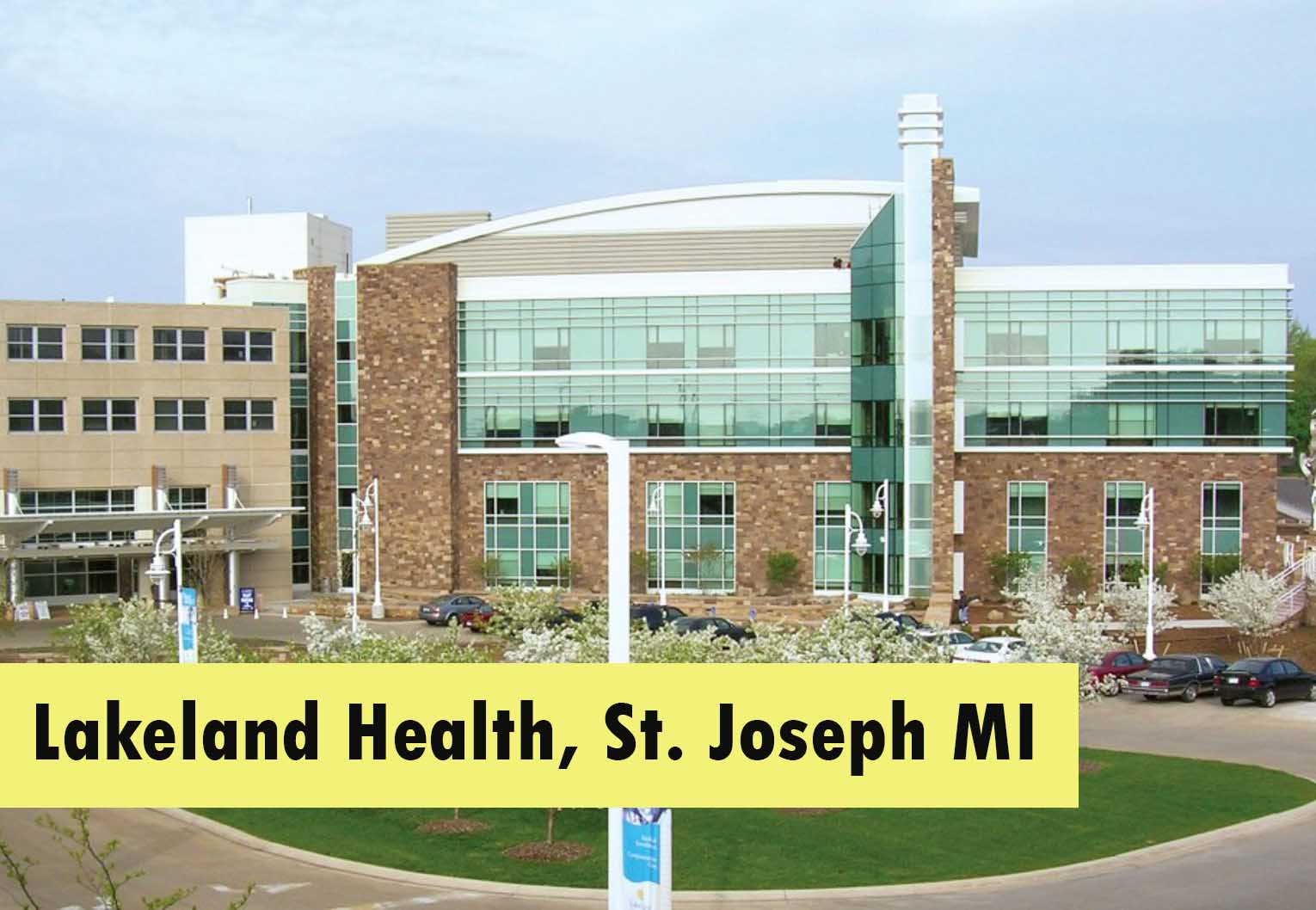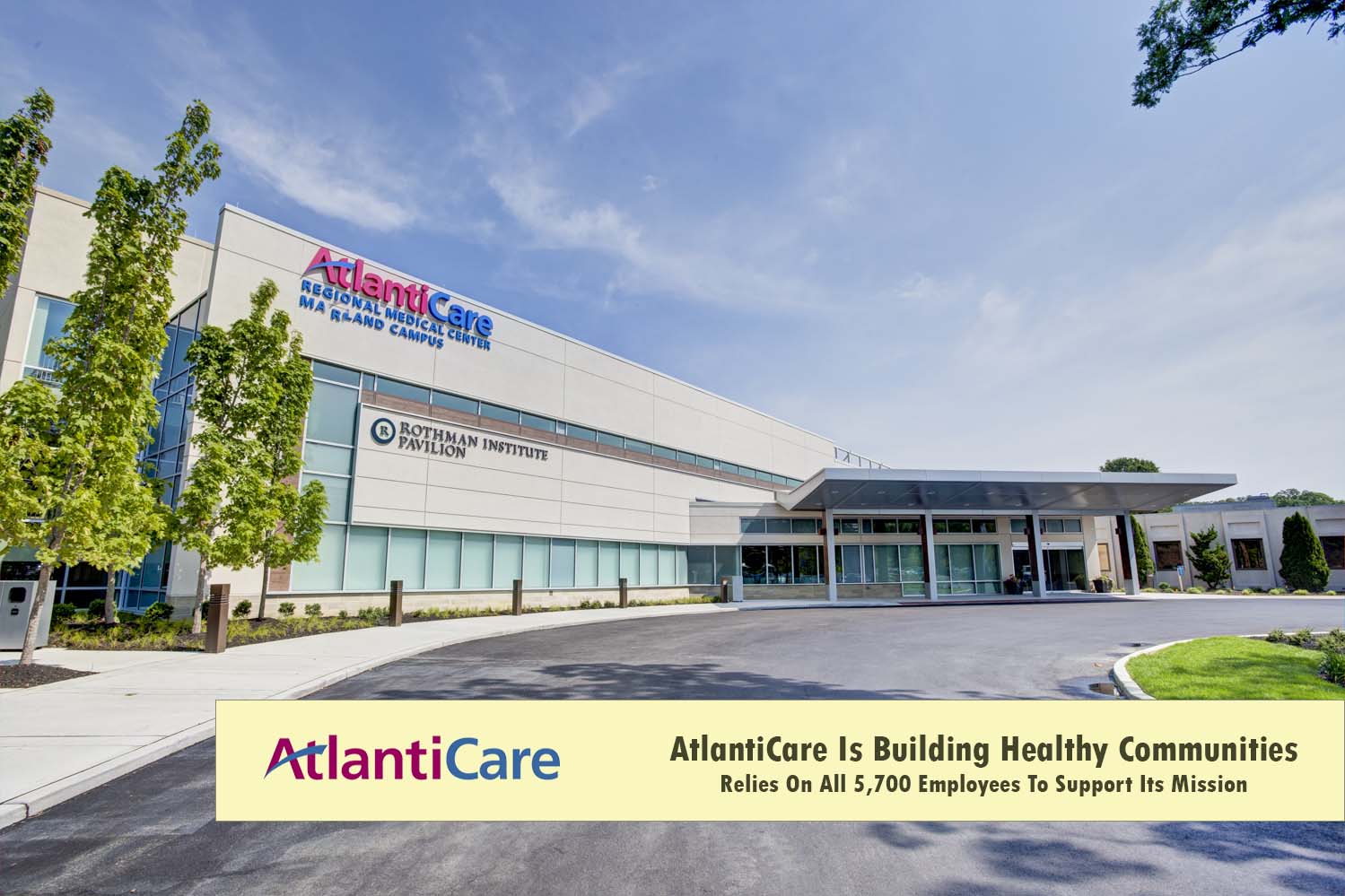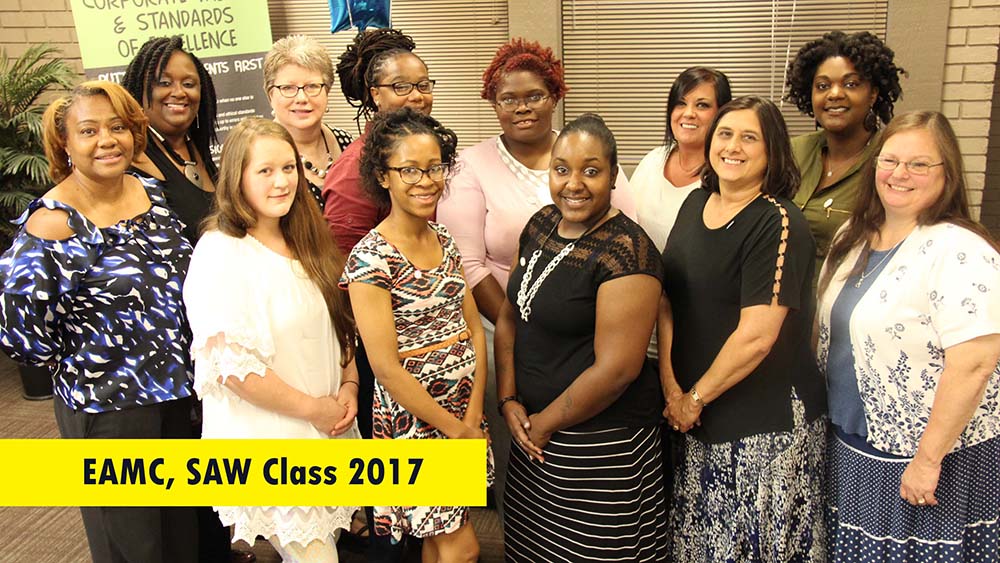Geisinger is a regional care provider in 45 Pennsylvania counties, spanning central and northeastern PA. More than 1 million patients are cared for at the health system’s 9 hospitals and numerous clinics and outpatient facilities.
Geisinger has a history of leading through trauma and trying times. Its very first hospital opened ahead of schedule in 1915 to deal with another public health crisis — a typhoid epidemic. Three years later, Pennsylvania was hit harder than any other U.S. state by the 1918 Spanish flu pandemic, and Geisinger’s mission to care for its community became even more firmly entrenched. Leadership was vital for health outcome success in 2020 just as it was in the early 1900s.
Leading by Example
At every level of the organization, Geisinger cares for its employees. It is among 50 employers that received the 2020 Best Employers: Excellence in Health & Well-Being award, presented at the National Business Group on Health’s Workforce Strategy Conference. It also sponsors Employee Resource Groups as part of Geisinger’s commitment to diversity and inclusion, to help employees to build internal and external networks and further develop professionally.
Geisinger values employee leadership development and training, and not just for executive- or management-level associates. The organization also focuses on individual contributors to advance employee skills and build leadership pipelines, so employees achieve more personal success. In 2016, Geisinger realized its focus on employee health programs and mentoring lacked an essential component: leadership development for non-management positions. The HR Education Department quickly filled the gap through the School at Work® (SAW) experience provided by Catalyst Learning.
Education for Individual Contributors
SAW is a comprehensive 6-month program for entry-level non-clinical healthcare employees that strengthens communication skills, provides a sense of ownership for the HCAHPS rating and introduces medical terminology. Participants in SAW develop a personalized career plan, are encouraged to consider technical school or job advancement and gain confidence to realize a healthcare career. Geisinger uses SAW to support its mission to care, because engaged employees take ownership in making the patient experience as good as it can be.
“The goal of the SAW program is to motivate our employees to pursue career growth by finding the healthcare areas they are interested in and then determining what they need to do to achieve it. There are so many opportunities for career growth within Geisinger, and this program gives employees that boost of confidence to move forward and pursue it,” says 2019 SAW coach and HR generalist Lisa Runco.
The 2020 SAW class at Geisinger was led by Stephanie Servose, a Geisinger Training and Development specialist. She says that besides motivation,
“a big goal of ours is to create a pipeline for our individual contributors. There’s always been a heavy focus on leadership training and we’re now starting to see the same desire and attention to create more career success pathways for individual contributors.”
Ms. Servose also noted that to fill internal leadership positions, Geisinger has to develop its own individual contributors from within — because the next leader “is oftentimes already in the building.” She finds SAW to be a great first step in identifying talent and motivating future leaders to see a career for themselves in the health system.
Skill Improvement for Day-to-Day Work
Learning medical terminology was cited as a major benefit by those associated with SAW. Ms. Servose noted that confidence levels increased in parallel with communication skills for those who took the Communication and Medical Terminology course. “Going through the Medical Terminology course gives employees reassurance in their day-to-day jobs, especially those interacting with patients and doctors. Clinic team members use clinical terminology, which can be confusing to support staff, so the terminology workbooks and instruction help students to better understand.”
And beyond leadership noticing differences, SAW graduates are as well. Susan Fallon is an orthopaedics technician at Geisinger who graduated in the 2020 class. She says the Medical Terminology course has helped her converse with coworkers and communicate better with patients and their families.
The 2020 SAW graduating class had some inspiring results. Two students are pursuing further education in medical coding. Another graduate, Jessica Wiley from Environmental Services, decided to enroll in college and become a nurse. She says she’s thankful for the opportunity to advance her career and excited to learn and grow. After a recent interview for a community article about the SAW program, Ms. Wiley posted the article link on social media. Many of her friends from outside Geisinger have commented that they wished their employer offered a program like SAW.
Learning Through a Pandemic
Providing the SAW experience at Geisinger in 2020 had its own unique challenges. Class began before the pandemic hit, but then had to take a break to adhere to social distancing guidelines. After a few months, students were eager to keep the program moving and finish. With the support of coaches like Ms. Servose, much of the curriculum was moved to a virtual format.
“Even though the program was virtual this year, the students were able to create an inclusive environment to learning and development with each other.” Greg Titus, Training & Development Specialist
Although in-person interaction and learning is hard to duplicate, virtual learning did have some unforeseen advantages. It allowed Geisinger to scale up the program and increase employee participation — particularly for employees with childcare needs or who worked second shift. Switching to a virtual format also led to more questions and helpful 1:1 interactions between students and coaches. The private chat function encouraged questions from students who might be uncomfortable speaking up in a classroom setting.
Frank Harrison graduated from the original Geisinger SAW class 5 years ago and is now a Foodservice supervisor. He’d originally wanted to pursue a hotel management degree, but life had other plans. So when SAW was first offered, he jumped on the opportunity to pursue leadership development and skill growth.
“The SAW program helped me with my communication skills, which was not my forte before,” says Mr. Harrison. “Now I’m a supervisor and am much more comfortable having difficult but necessary conversations with my team. I also handle patient conversations better. I focus on de-escalating situations and ask how I can help, instead of barking back. SAW is one of the smartest things I have done. Without it, I wouldn’t be in an office role leading a team — I would still be working the floors.”
“We are committed to helping our people shape their futures and we provide opportunities for career growth and advancement at Geisinger,” says Amy Brayford, Chief Human Resources Officer.
“Our people are the heart of everything we do and we want to set them up for success.” Geisinger plans to continue offering yearly SAW classes to entry-level workers, focusing on identifying high-performing associates and offering leadership development, as well as filling clinical, clerical and support positions from within. Those newly vacated entry-level positions will be filled with talent from the local community, supporting the economic vitality of the region. Preparing workers for further education and job advancement is part of the goal at Geisinger, a system that emphasizes employee success and career pipelines.

